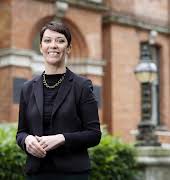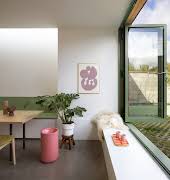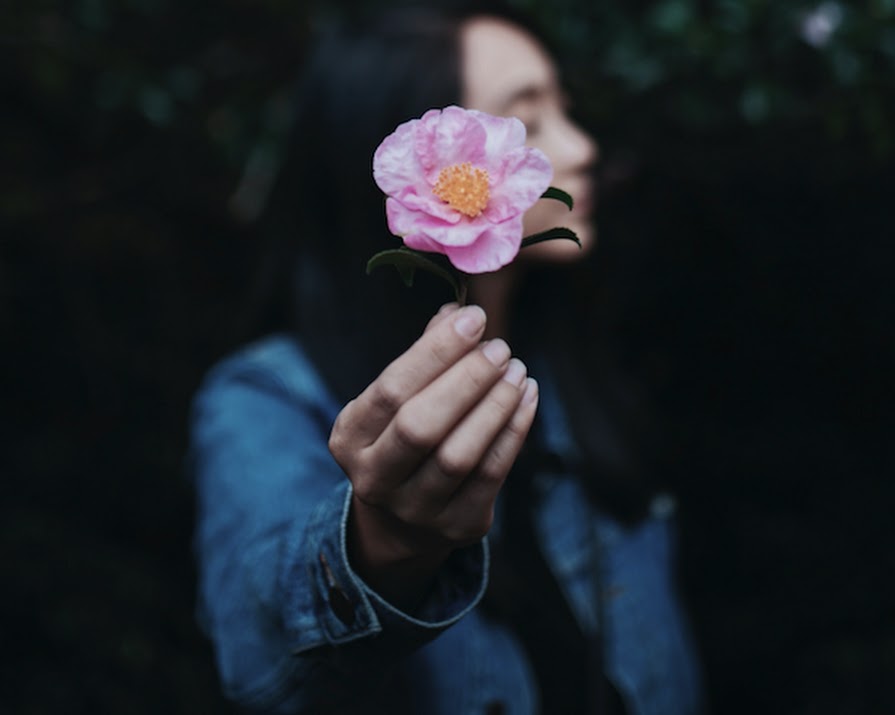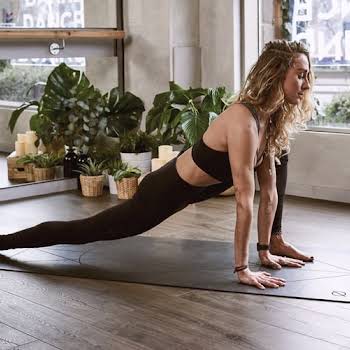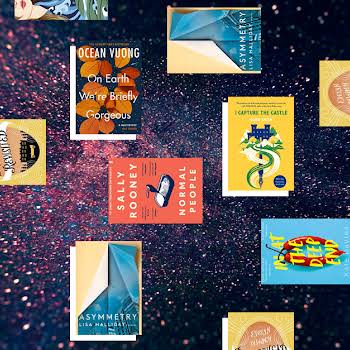
By Jennifer McShane
27th May 2020
27th May 2020
As we begin the tentative steps of easing into a life post-lockdown, life feels undeniably different. Jennifer McShane shares her own experience and having had barely any interaction with the outside world, explains her hopes for the future
Cocooning. When Leo Varadkar said it, it didn’t sound so scary. But, when I was in London in mid-March, the UK government had no such term.
It was colder. ‘Shielding’ – severe isolation with no face-to-face contact for a minimum of 12 weeks. Having mild Cerebral Palsy (CP) puts me in a high-risk category, part of the group of people deemed to be at “increased risk of severe illness from coronavirus”. This includes people with chronic neurological conditions and CP.
I weighed up my options, but living in a new city in a flat alone meant the only choice was to return home for the interim.
I’ve loved being at home, but the past 12 weeks with a minuscule amount of time spent outside my house has left me feeling weary as the lockdown starts to ease.
Wrapped in the safe confines of what I can only describe as an existence wrapped in cotton wool (though with plenty of love and TLC) has almost made me feel like I’ve regressed – and I’m 32 years of age.
Thinking back on my previous challenges in Covid-19, all I can think is, ‘How did I do those things?’
How did I move abroad, alone? How did I do anything with the CP always at the fore of my challenges?
The world seems bigger now, even though my day-to-day life has shrunken. But then, my world has always been this way, albeit in smaller bursts, before.
I’ve had weeks unable to stand, walk, confined to the couch as I recovered from major surgeries. As it is now, it was then: I had to grin and bear it, and wait for it to pass.
Cocooning for this long has zapped me of energy, coming out of it feels like I have to start my life all over again: Move to a new city again, make friends, make a life.
I’ll do it as I have before but I wonder now, do others understand the confines that come with the limitations for those with chronic conditions?
That the four walls of your home can be what you see the most of when your body just won’t co-operate? That working from home has been our norm but until now, often without the understanding of an employer?
That you can go for weeks without touching another human being, Covid-19 or not?
The pandemic has given everyone a glimpse of this – but for some, cocooning is just a part of their day-to-day. When this is all done, will those who have conditions which may isolate them, who have felt unheard or unseen, be left behind again?
This is one thing that must not return to ‘normal.’
I hope that the pandemic has shed a light on the importance of the small acts of kindness from others because it is often those that get me through my most difficult of days.
And things could be so difficult.
But perhaps now, instead of having to try and always explain, it will be enough to say, even when the worst of the virus is gone from the world, that we must cocoon and that’s the way it will be in future – and people will understand as they have now.
That life isn’t always yours to control, that you must play the hand you were dealt.
And people will be as understanding. And as kind and conscious of the hardships that some have each and every day.
It’s the one thing I hope stays put when we all start our lives again.
Main photograph: Unsplash
Related: ‘I didn’t realise how much I was craving connection until I saw my friends for the first time in months’
Related: Notes from lockdown: ‘I hold back tears so as not to worry my sensitive four-year-old’
Related: ‘The world has adjusted to our normal’ – how it feels to have a child with special needs during Covid-19




